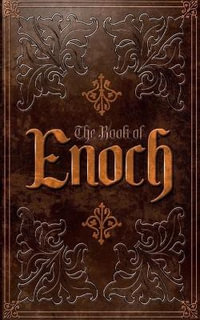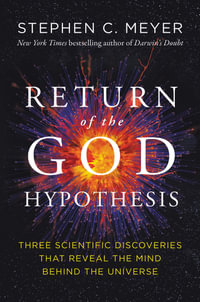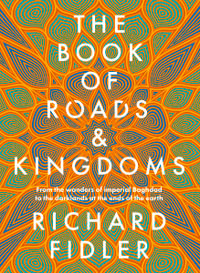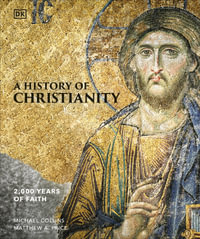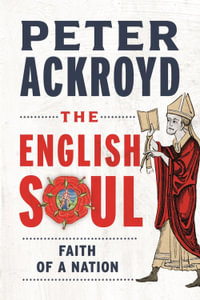In many of the world's religions, both polytheistic and monotheistic, a seemingly enigmatic and paradoxical image is found--that of the god who worships. Various interpretations of this seeming paradox have been advanced. Some suggest that it represents sacrifice to a higher deity. Proponents of anthropomorphic projection say that the gods are just "big people" and that images of human religious action are simply projected onto the deities. However, such explanations do not do justice to the complexity and diversity of this phenomenon.
In Religion of the Gods, Kimberley C. Patton uses a comparative approach to take up anew a longstanding challenge in ancient Greek religious iconography: why are the Olympian gods depicted on classical pottery making libations? The sacrificing gods in ancient Greece are compared to gods who perform rituals in six other religious traditions: the Vedic gods, the heterodox god Zurvan of early Zoroastrianism, the Old Norse god Odin, the Christian God and Christ, the God of Judaism, and Islam's Allah. Patton examines the comparative evidence from a cultural and historical perspective, uncovering deep structural resonances while also revealing crucial differences.
Instead of looking for invisible recipients or lost myths, Patton proposes the new category of "divine reflexivity." Divinely performed ritual is a self-reflexive, self-expressive action that signals the origin of ritual in the divine and not the human realm. Above all, divine ritual is generative, both instigating and inspiring human religious activity. The religion practiced by the gods is both like and unlike human religious action. Seen from within the religious tradition, gods are not "big people," but other than human. Human ritual is directed outward to a divine being, but the gods practice ritual on their own behalf. "Cultic time," the symbiotic performance of ritual both in heaven and on earth, collapses the distinction between cult and theology each time ritual is performed. Offering the first comprehensive study and a new theory of this fascinating phenomenon, Religion of the Gods is a significant contribution to the fields of classics and comparative religion. Patton shows that the god who performs religious action is not an anomaly, but holds a meaningful place in the category of ritual and points to a phenomenologically universal structure within religion itself.
Industry Reviews
"A fascinating display of comparative analysis, Religion of the Gods combines mastery of scholarly sources, vigorous use of phenomenological method, and an interpretive theory that boldly challenges current projectionist approaches to ritual and religion."--William Paden, author of Religious Worlds: The Comparative Study of Religion
"Religion of the Gods combines wide learning, serious reflection, and, by means of careful wending through generations of scholarly confusion, clear articulation of the central problem. Patton's insight, that ritual action is itself a divine attribute, at once cuts to the heart and explains what seemed inexplicable according to conventional wisdom. Not only do her conclusions mark a significant advance over prior scholarship; her disciplined use of the
comparative method in conjunction with rigorous analysis of Greek ancient religion advances the field to a new level of understanding of the ancient religious experience."--Margaret C. Miller, Professor of
Classical Archaeology, School of Philosophical and Historical Inquiry, The University of Sydney
"Kimberley Patton's book gives new life to theological studies and to the study of antiquity. Her work on ancient concepts of worship, richly textured in factual details, illuminates the efforts made by humanity to make contact with the idea of divinity. When the divine is pictured as actually recognizing these efforts, the contact becomes a reality. That is the essence of a gesture that the author defines as divine reflexivity. In this divine gesture, we see
divinity pointing to itself as the absolute standard of reference for worship. By pointing to itself, divinity shows humans how to make contact with the divine. This book is a treasure-house of insight
for those who want to encounter head-on one of the deepest and most universal paradoxes in the history of world religions."--Gregory Nagy, Harvard University, author of Pindar's Homer: The Lyric Possession of an Epic Past
"A fascinating display of comparative analysis, Religion of the Gods combines mastery of scholarly sources, vigorous use of phenomenological method, and an interpretive theory that boldly challenges current projectionist approaches to ritual and religion."--William Paden, author of Religious Worlds: The Comparative Study of Religion
"Religion of the Gods combines wide learning, serious reflection, and, by means of careful wending through generations of scholarly confusion, clear articulation of the central problem. Patton's insight, that ritual action is itself a divine attribute, at once cuts to the heart and explains what seemed inexplicable according to conventional wisdom. Not only do her conclusions mark a significant advance over prior scholarship; her disciplined use of the
comparative method in conjunction with rigorous analysis of Greek ancient religion advances the field to a new level of understanding of the ancient religious experience."--Margaret C. Miller, Professor of
Classical Archaeology, School of Philosophical and Historical Inquiry, The University of Sydney
"Kimberley Patton's book gives new life to theological studies and to the study of antiquity. Her work on ancient concepts of worship, richly textured in factual details, illuminates the efforts made by humanity to make contact with the idea of divinity. When the divine is pictured as actually recognizing these efforts, the contact becomes a reality. That is the essence of a gesture that the author defines as divine reflexivity. In this divine gesture, we see
divinity pointing to itself as the absolute standard of reference for worship. By pointing to itself, divinity shows humans how to make contact with the divine. This book is a treasure-house of insight
for those who want to encounter head-on one of the deepest and most universal paradoxes in the history of world religions."--Gregory Nagy, Harvard University, author of Pindar's Homer: The Lyric Possession of an Epic Past



